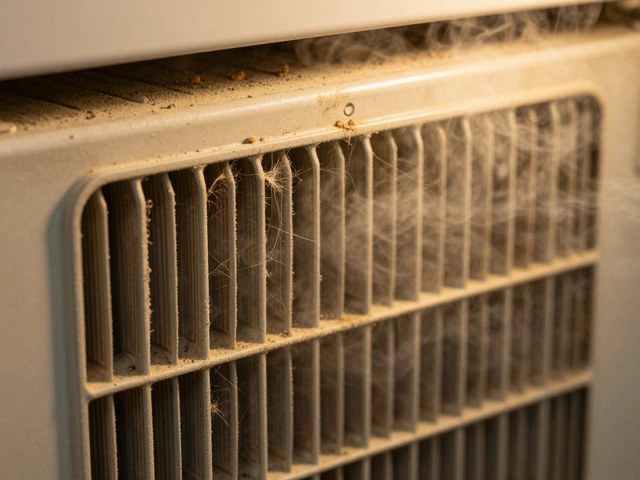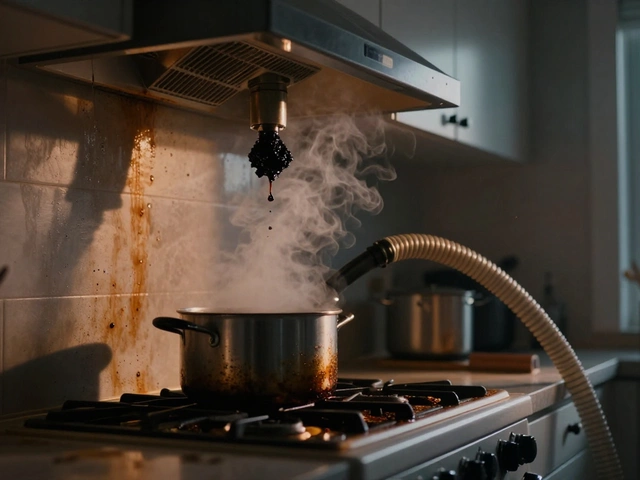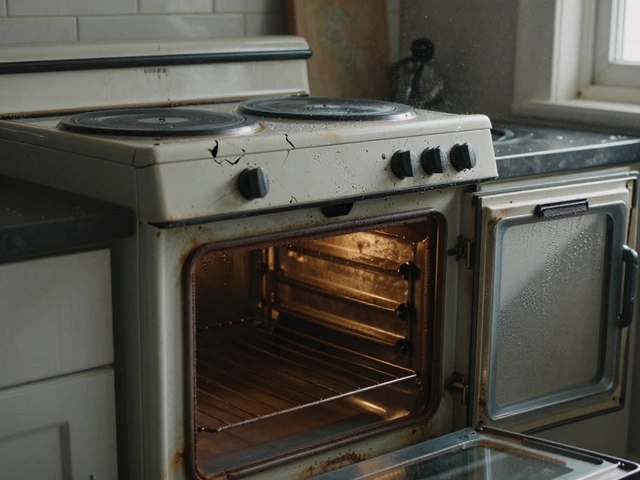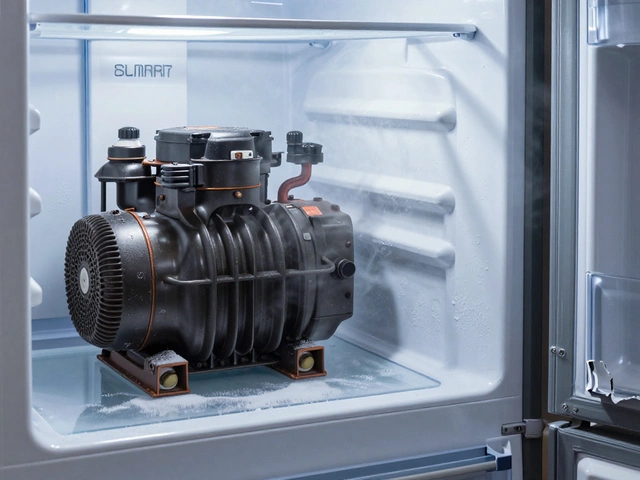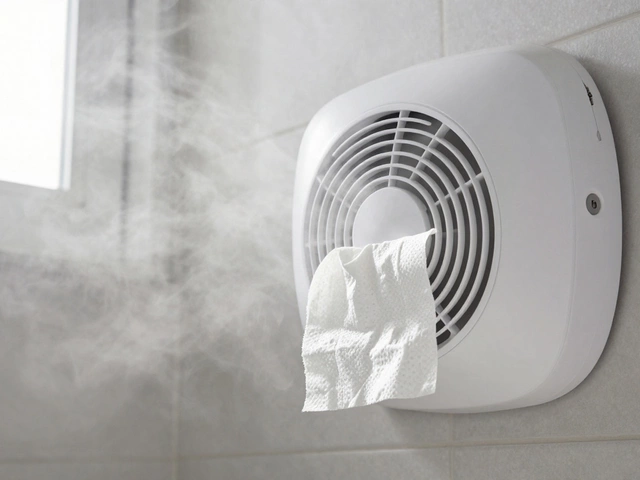Appliance Lifespan: How Long Common Home Devices Really Last
Ever wonder why your fridge starts humming louder after a few years or why the dryer suddenly stops heating? Most of us assume appliances die at random, but there’s actually a pretty clear age range for each type. Knowing those numbers helps you plan maintenance, budget for replacements, and avoid surprise breakdowns.
Top Lifespan Numbers for Everyday Appliances
Washing machines usually give you 8‑12 years of solid service. Front‑loaders tend to last a bit longer than top‑loaders because they spin faster and use less water. If you keep the door open after each wash to let it dry, you’ll shave a few months off the clock.
Dryers hover around 10‑13 years. The biggest killers are lint build‑up and over‑loading. Clean the lint filter after every use and have the vent inspected yearly – it can add years to the dryer’s life.
Refrigerators are built for the long haul, often 12‑15 years. The compressor is the heart of the unit, and if it starts making a loud buzz or the temperature fluctuates, it’s a warning sign. Regularly clean the coils at the back; that alone can keep the fridge humming for a decade.
Ovens (electric or gas) typically last 10‑15 years. Frequent temperature spikes usually mean a faulty heating element or a bad thermostat. A quick visual check for burnt spots can tell you if it’s time for a part swap.
Boilers and water heaters both sit in the 10‑15 year range, but the exact number depends on fuel type, water hardness, and how often they’re serviced. A lack of annual maintenance is the fastest route to a costly replacement.
Tips to Stretch Your Appliance’s Life
1. Schedule regular maintenance. A quick check‑up from Weymouth Appliance Repair Services can catch worn seals, loose wiring, or mineral build‑up before they cause major failures.
2. Keep it clean. Dust on coils, lint in dryer vents, and grime on oven doors all force the machine to work harder. Wipe surfaces weekly and give the interior a deeper clean every few months.
3. Don’t overload. Whether it’s a washing machine or a dishwasher, cramming too many items strains motors and pumps. Follow the manufacturer’s load guidelines for optimal performance.
4. Watch the water. Hard water leaves mineral deposits in kettles, boilers, and washing machines. Install a water softener or use descaling solutions to protect internal parts.
5. Use the right settings. Running a dishwasher on “eco” mode for heavily soiled pans can leave food residue, leading to clogs. Match the cycle to the job and you’ll keep the pump and spray arms in better shape.
When you notice odd noises, leaks, or a sudden loss of efficiency, don’t wait for a total breakdown. Spot‑checking these signs early can save you from a full‑price replacement. If you’re unsure, give Weymouth Appliance Repair Services a call – we can diagnose the issue, offer a repair quote, and help you decide whether fixing or replacing makes sense for your budget.
Remember, appliances are investments. By understanding their typical lifespan and following a few simple upkeep steps, you’ll get the most out of every pound you spend. And when the time comes for a professional fix, we’re just a phone call away.
Understanding the Lifespan of Extractor Fans: Maintenance and Longevity
- Alden Wilder
- Nov 14 2024
- 0 Comments
Extractor fans play a crucial role in maintaining air quality and reducing humidity in various spaces. The lifespan of these fans typically ranges depending on usage, quality, and maintenance practices. Regular upkeep significantly extends their functionality, while neglected fans might face premature failure. This article explores factors affecting their longevity and offers practical maintenance tips to ensure they work efficiently for many years.
View More
